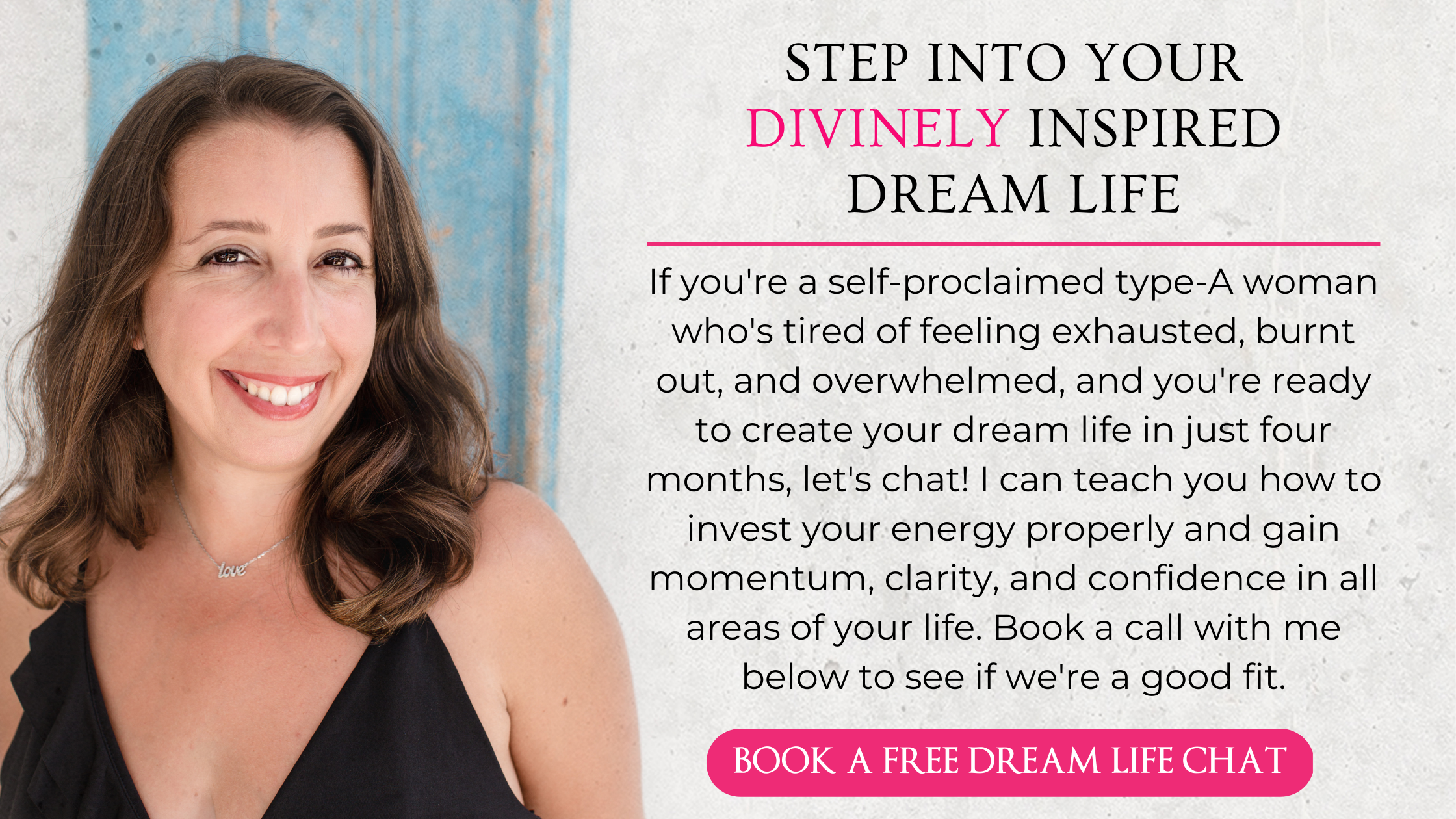Imposter Syndrome (what it is and why it matters)
/Imposter syndrome describes someone who doesn’t feel worthy of their achievements or as competent as people may view them. They’re afraid they will be found out and their incompetence will be discovered.
When we’re talking about healing, we want to focus on the root cause of the imbalance. In this case, imposter syndrome is the imbalance and it is also the symptom. In order to discover the root cause, we want to work backwards from the symptom.
Symptom: Imposter Syndrome
How imposter syndrome shows up in life (symptoms of it):
Anxiety
Low self worth
Feelings of incompetence
Perfectionism
Overthinking
Self-doubt
Fear of failure
While the first set of symptoms listed above give a bigger picture look at how imposter syndrome shows up in your life, they are not specific to how imposter syndrome directly affects you.
Secondary symptoms (as a result of the first set):
Lack of commitment
Lack of courage
Lack of planning
Negative internal dialogue with self
Skeptical outlook on life (external)
Trouble connecting with others and collaborating
Isolates / wants to be alone
Prone to depression
Inaction and stagnancy
Feeling sore and tired, sleeping more
Lack of desire and motivation / dragging out of bed in the morning
Difficulty focusing and grounding
Mentally and energetically scattered
If you take a look at the secondary set of symptoms, you’ll see the actual specific ways that imposter syndrome manifests in your day to day life.
Imposter syndrome is tied to ONE thing.
You are not being true to yourself and showing up authentically in your life.
This could mean that you’ve spent the majority of your life showing up in a way that made other people comfortable and that you’re a self-described chameleon that can blend into any type of environment. Or, perhaps you’re someone that thrives on people pleasing.
If you’ve ever ended a relationship and found yourself wondering why you had no friends or family left, you have dealt with imposter syndrome. Your identity merges with others because you are not solid enough in your own sense of self to create firm boundaries with yourself and others.
To move passed imposter syndrome, you’ll need to get to know yourself on a level that you’ve probably never known yourself before. You’ll need to separate the wheat from the chaff, removing the outdated and old identity that isn’t really you and embracing the authentic you that is buried deep within.
This process isn’t always easy, but it can be smooth if you’re willing to relentlessly call into question your own beliefs, thoughts and feelings. These are some of the best questions you can ask during this process:
Is this really mine (related to a belief or thought)?
Is this what I want to stand for?
Does this feel good to me?


